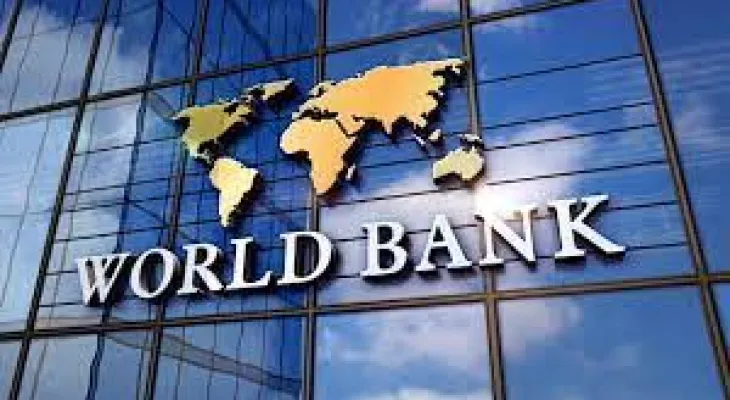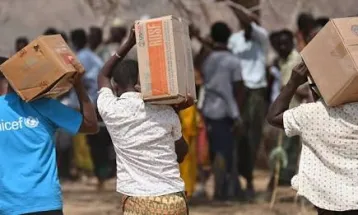
"World Bank Forecasts Sub-Saharan Africa's Economic Growth at 3.4% for 2024, Emphasizes Need for Inclusive Policies to Tackle Poverty"
The World Bank's latest Africa's Pulse report brings both optimism and caution regarding the economic trajectory of Sub-Saharan Africa in 2024. The report, released recently, projects a rebound in the region's economy, with growth expected to increase from a low of 2.6% in 2023 to 3.4% in 2024 and further to 3.8% in 2025. However, despite this positive outlook, the recovery remains fragile due to various factors such as global economic uncertainty, debt burdens, and ongoing conflicts that continue to pose significant challenges.
One of the key highlights of the report is the acknowledgment that economic growth alone is insufficient to substantially reduce poverty in Sub-Saharan Africa. The region faces deep-rooted structural inequalities, including limited access to education, healthcare, and markets, which hinder the effective translation of economic growth into poverty reduction.
Moreover, the report emphasizes the limitations of fiscal policy in addressing poverty, as government spending alone cannot solve the problem due to budget constraints. Instead, the World Bank underscores the necessity for transformative policies that address inequality and ensure long-term sustainable growth.
To tackle these challenges effectively, the World Bank recommends several policy interventions:
1. **Macroeconomic Stability:** Restoring sound economic management is deemed essential to ensure stability and promote growth.
2. **Intergenerational Mobility:** Policies should be geared towards providing opportunities for future generations to succeed, thus breaking the cycle of poverty.
3. **Market Access:** Removing barriers that hinder access to markets for all segments of society is crucial for inclusive growth.
4. **Fair Fiscal Policy:** Taxation and subsidies should be designed in a way that does not disproportionately burden the poor but rather promotes equity and social justice.
Additionally, the report highlights the importance of building resilience against future shocks, including addressing external financing limitations and geopolitical instability, which pose threats to food security for millions across the region.
As governments in Sub-Saharan Africa grapple with these challenges, there is a pressing need for concerted efforts to implement the recommended policies and strategies. By addressing structural inequalities and promoting inclusive growth, the region can achieve stronger and more equitable economic development, thereby laying the foundation for a prosperous future for all its citizens.




















